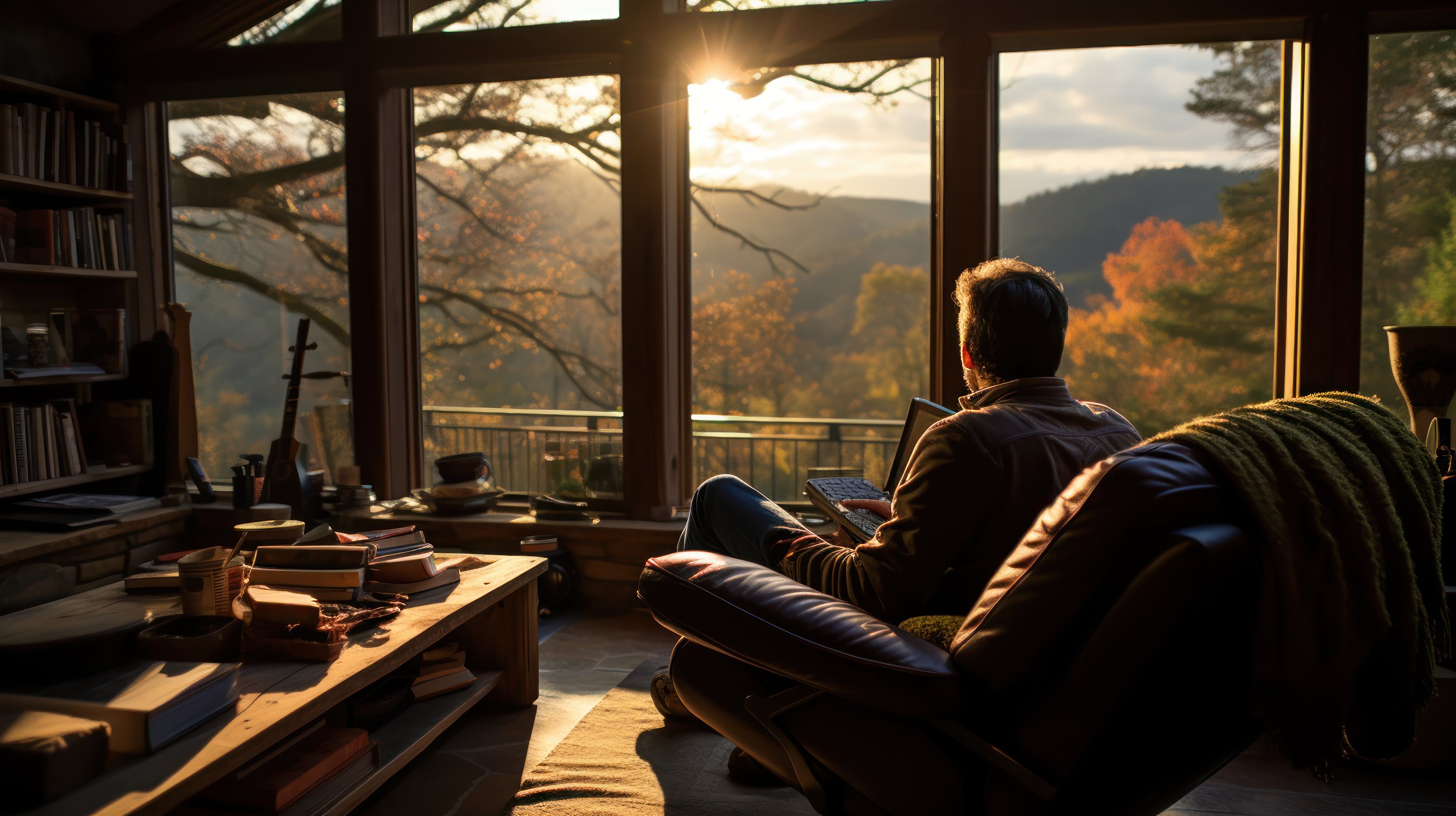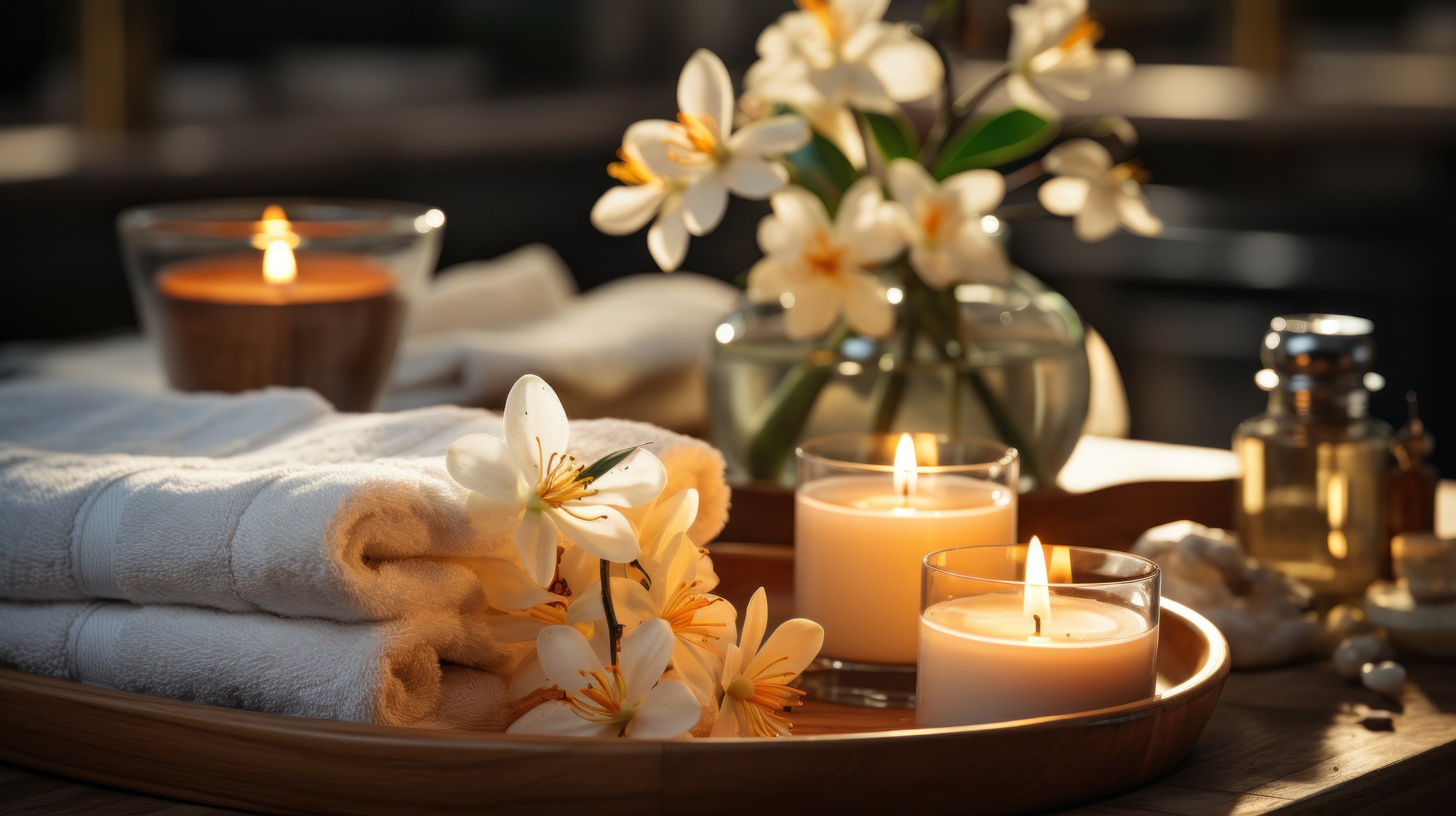BLUE ZONE LIVING || Secrets to Longevity from the Healthiest Communities in the World

In a world obsessed with finding the next wellness trend, the answer to a long and healthy life may already exist in the habits of communities scattered across the globe.
Known as the Blue Zones, these regions have become famous for their residents’ longevity, with more centenarians living here than anywhere else. From the serene island of Okinawa, Japan, to the sun-kissed shores of Sardinia, Italy, these regions offer a lesson in health and living well.
What sets Blue Zone communities apart isn’t wealth, technology, or access to advanced healthcare but relatively simple, sustainable lifestyle choices that we can all adopt, no matter where we live.
Key Lifestyle Practices Across Blue Zones
Eating lots of vegetables makes you feel clean. You may feel refreshed and light.
1. A Plant-Forward Diet: One of the most significant dietary commonalities across Blue Zones is the focus on a plant-based diet, rich in vegetables, legumes, whole grains, and healthy fats like olive oil. Meat is consumed sparingly, often reserved for special occasions. In Okinawa, people enjoy sweet potatoes and tofu; in Sardinia, meals consist primarily of hearty vegetables and beans.
2. Physical Activity as a Way of Life In Blue Zones: Exercise doesn’t come from the gym, but from daily routines that keep people naturally active. In Ikaria, people walk everywhere, often uphill. Sardinians spend their days tending to animals and farming. In Nicoya, residents regularly perform physical chores.
The key here is natural movement. Rather than following structured workout plans, people in Blue Zones stay active through gardening, walking, and manual tasks—a gentle, consistent way of moving that promotes longevity.
3. Strong Social Connections: It’s said that a sense of community can be as essential to health as diet and exercise. Blue Zone residents enjoy tight-knit relationships with family and friends, spending time together in a way that fosters emotional well-being. In Okinawa, groups of lifelong friends, called moai, regularly meet to offer each other emotional and practical support. This social safety net is critical in reducing stress and maintaining a sense of purpose, both key components of long life.
4. A Sense of Purpose: In each of these regions, people have a strong sense of purpose or “ikigai”—a reason to get up in the morning. Whether it’s tending a garden, participating in religious practices, or mentoring the younger generation, the residents of Blue Zones often continue working or pursuing passions well into old age. This sense of purpose has been linked to lower levels of stress and depression, both of which can decrease life expectancy.
Don’t overwork yourself. Always find a balance between work and your time.
5. Effective Stress Management: While we often think of longevity as being about what you eat or how you move, stress management is equally critical. In Blue Zones, people engage in daily practices that help them unwind. In Ikaria, people take naps every afternoon. Nicoyans find peace through faith, while Okinawans practice meditation. These relaxation rituals allow them to manage stress, a significant contributor to age-related illnesses.
The secrets to longevity might seem complex, but the real lesson from Blue Zones is the power of simplicity. We can all lead healthier, longer lives by focusing on strong relationships, natural movement, plant-based diets, and finding purpose. You don’t need to move to a Blue Zone to live like its residents; with thoughtful, mindful choices, you can bring these practices into your life, starting today.







